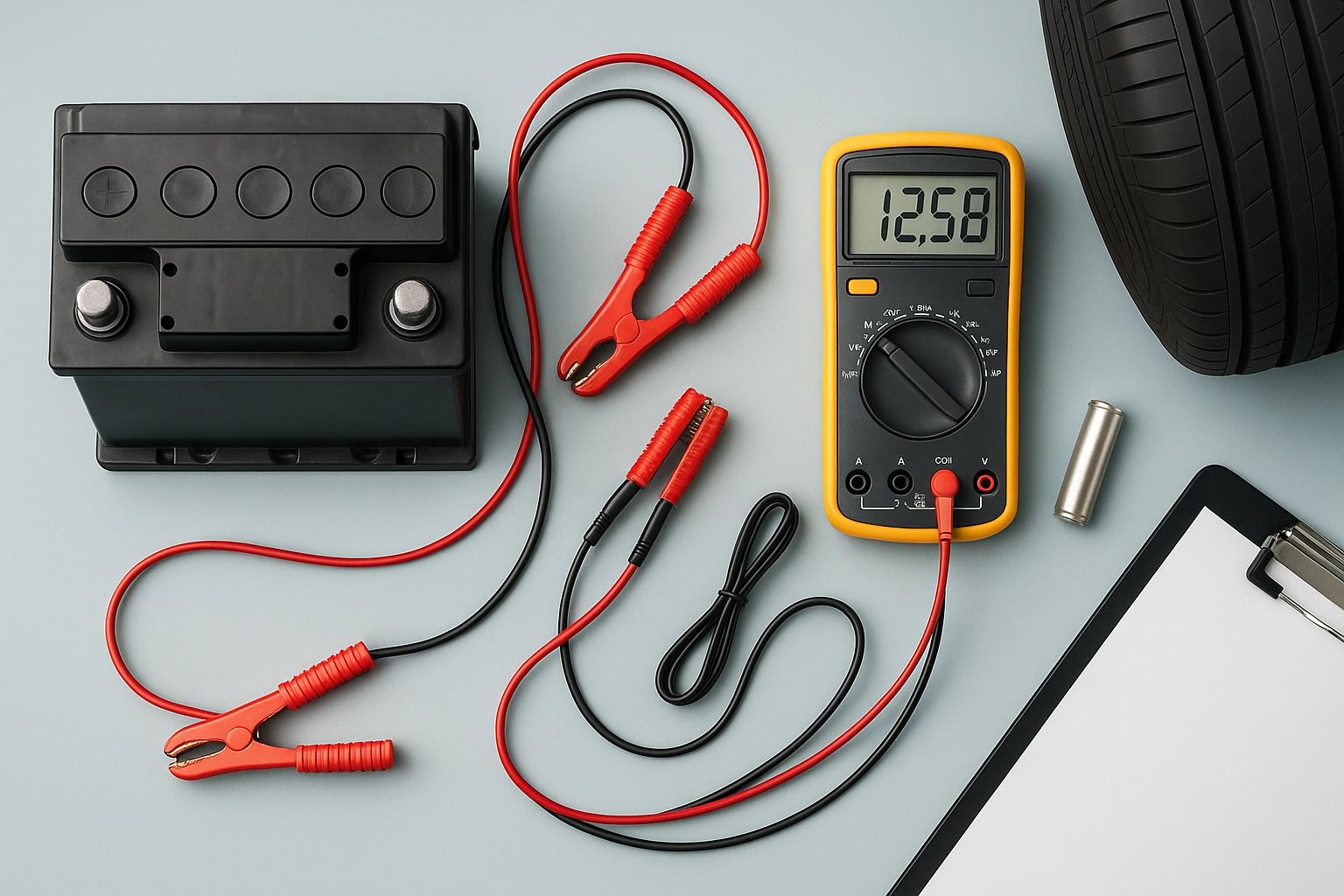IEC 62660 1 Lithium Ion Battery Cell Test
The IEC 62660-1 standard is a cornerstone in the rigorous evaluation of lithium ion battery cells, providing precise methodologies for performance and safety testing. This service ensures that battery manufacturers can confidently assess their products before they enter the market, complying with international regulatory requirements. Lithium-ion batteries are widely used in automotive applications due to their high energy density, long cycle life, and relatively low self-discharge rate.
The test is particularly crucial for ensuring the safety of electric vehicles (EVs) and other portable electronic devices. The standard covers a range of tests that evaluate the battery's behavior under various conditions, including temperature cycling, charge/discharge cycles, and thermal stability checks. This ensures that batteries meet stringent safety standards and perform reliably over their lifecycle.
Compliance with IEC 62660-1 is essential for automotive manufacturers who seek to avoid costly recalls and potential safety issues. By adhering to this standard, they can demonstrate a commitment to product quality and consumer safety. This service not only ensures compliance but also provides insights into areas where further optimization may be needed.
The testing process involves several critical steps that are outlined in the IEC 62660-1 specification. These include:
- Electrochemical characterization
- Thermal stability assessment
- Cycling performance evaluation
- Impedance analysis
- Safety testing (including overcharge, short circuit, and forced discharge)
The use of lithium-ion batteries in electric vehicles poses unique challenges. The standard accounts for these challenges by providing detailed procedures that simulate real-world conditions as closely as possible. This ensures that the results are relevant to actual vehicle performance.
Our laboratory uses cutting-edge equipment and a team of expert technicians to carry out this test. Each step is meticulously documented, ensuring that every aspect of the battery's behavior is captured accurately. The data generated from these tests is critical for manufacturers as it provides a comprehensive understanding of the battery's capabilities and limitations.
The results of IEC 62660-1 testing are presented in detailed reports, which include both raw data and analysis. These reports serve as valuable tools for quality managers, compliance officers, R&D engineers, and procurement teams. They provide insights into how a particular battery cell will perform under different conditions, helping to inform product development decisions.
By partnering with us, automotive manufacturers can ensure that their batteries meet the highest international standards. This not only enhances safety but also builds consumer trust, which is essential in today's competitive market.
Scope and Methodology
| Test Parameter | Description | Methodology |
|---|---|---|
| Battery Capacity | Determines the total amount of charge a battery can hold. | Discharge at a constant current until the voltage drops to 3.0 V per cell. |
| Cycling Stability | Evaluates how well a battery retains its capacity over multiple charge/discharge cycles. | Cycle from fully charged state down to 20% depth of discharge, then back up to full charge. |
| Thermal Stability | Assesses the battery's ability to withstand extreme temperatures without degrading performance or posing a safety risk. | Subject the battery to temperature cycling between -40°C and 65°C for specified durations. |
| Safety Testing | Evaluates the battery's response under potentially hazardous conditions. | Test for short circuit, overcharge, and forced discharge scenarios. |
The methodology outlined in IEC 62660-1 is comprehensive and designed to cover all critical aspects of a lithium-ion battery cell's performance. This ensures that the test results are reliable and valid for use in various applications, including electric vehicles and portable electronics.
Industry Applications
The IEC 62660-1 Lithium Ion Battery Cell Test finds extensive application across the automotive sector. It is particularly important for electric vehicle manufacturers who need to ensure that their batteries are safe, reliable, and perform optimally under various conditions.
In addition to EVs, this service also supports other sectors such as aerospace, where battery performance is critical for mission success. The test ensures that batteries used in these applications meet the highest standards of safety and reliability.
The results from IEC 62660-1 testing are widely recognized and accepted by regulatory bodies around the world. This makes them an essential tool for manufacturers who want to ensure their products comply with international standards.
International Acceptance and Recognition
- The IEC 62660-1 standard is recognized by major regulatory bodies such as the European Union, United States, Japan, and China.
- Countries that have adopted this standard include Australia, Canada, and South Korea.
- It is widely used in both private and public sectors for quality assurance purposes.
- The results of IEC 62660-1 testing are accepted as proof of compliance with international standards.
This widespread acceptance ensures that manufacturers can use the test results to meet global market demands. Compliance with this standard not only enhances safety but also opens up new markets and opportunities for growth.





